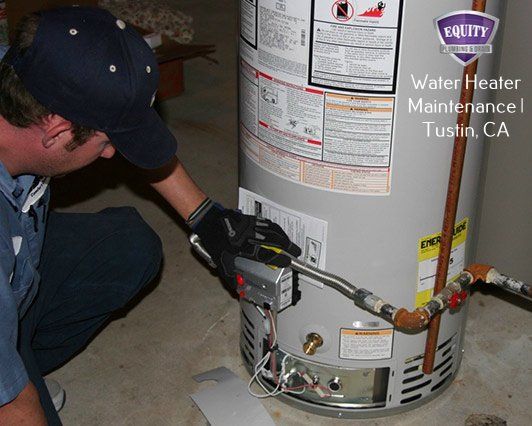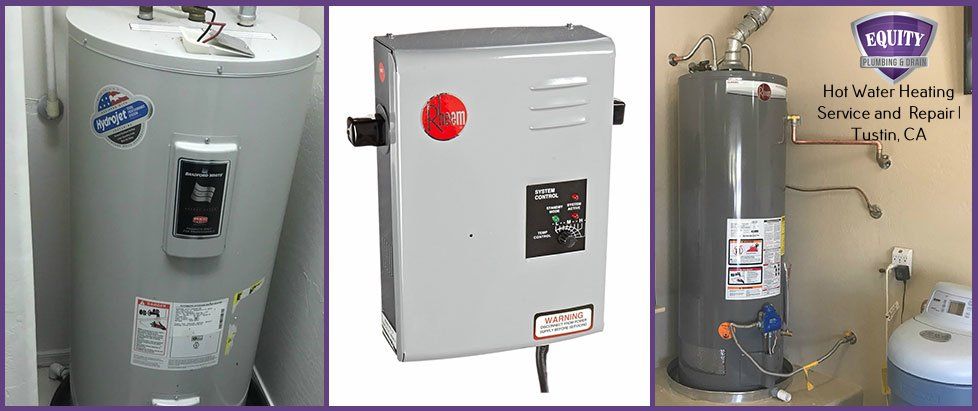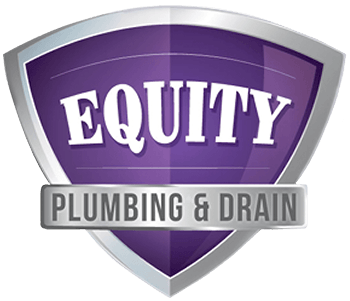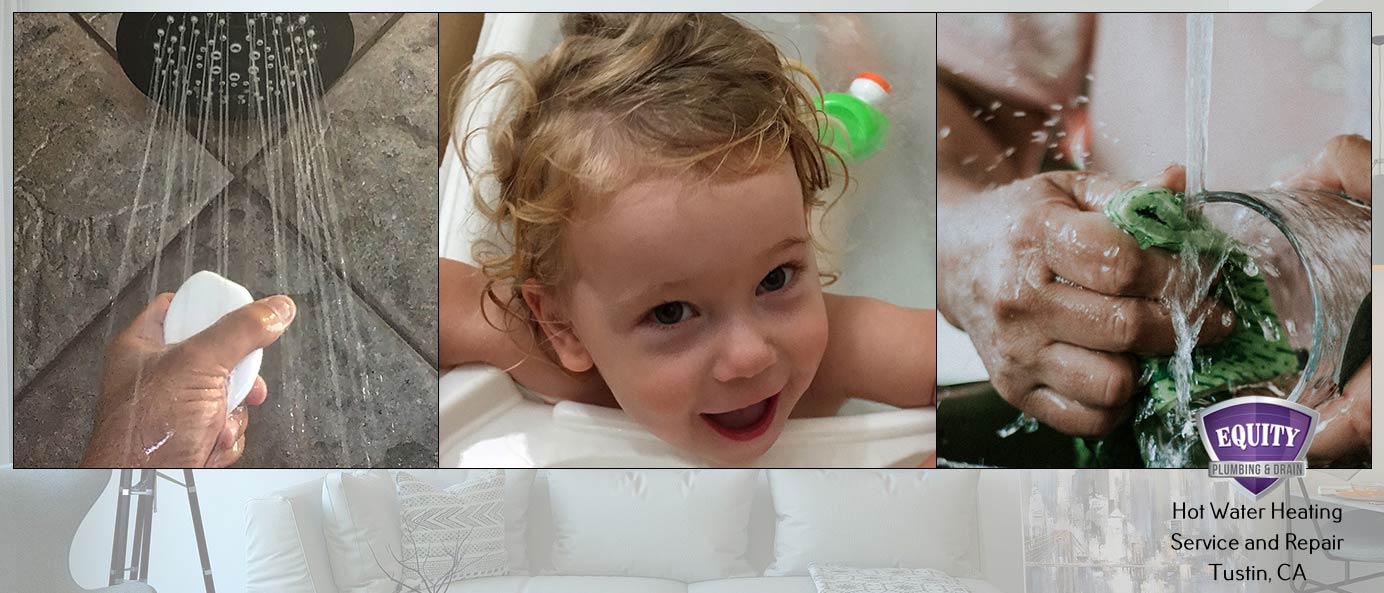
How do you know if your hot water heater is operating efficiently?
If you haven’t had your water heater serviced for a while, we can get it back up and running. If your current water heater has seen better days, you may want to replace it.
While heating water is a simple concept, the process of fine-tuning your home’s water heater requires considerable expertise. Equity Plumbing only employs technicians who have a wealth of experience.
We can repair or replace any brand. We’ve been providing this service for years and years. We offer a variety of modern options that let you choose what and how you want it.
We provide service, repair or replacement for the following types of water heaters

Reasons Why Calling Equity Plumbing is Wise:
- Family owned and operated local plumbing company.
- Peace of mind – our work and your satisfaction are guaranteed, period!
- Our first goal is to solve your hot water problem. If your current water heater is degrading, you may be able to improve its function with some minor adjustments.
- We visit, we listen, we provide options, you choose, then we make it right.
- If a water heater is sourced from a “Big Box” store, either you deal with installation, or you deal with a third party sub-contractor. If something does go wrong, who are you going to call? The “Big Box” store, the manufacturer, the sub-contractor? And the wait time, oh that wait time.
- Who is responsible for the extra labor charges?
- All of our water heaters are warrantied immediately. No questions asked and no authorization for any repair or replacement. You call us and we will handle it.
- Our technicians have been screened and trained to proficiency, with guaranteed customer satisfaction.
- Having a state-of-the-art plumbing installation is one of the factors that set Equity Plumbing apart. To avoid any future issues, our technicians will conduct the installation in compliance with your county and municipality requirements. Another important consideration.



